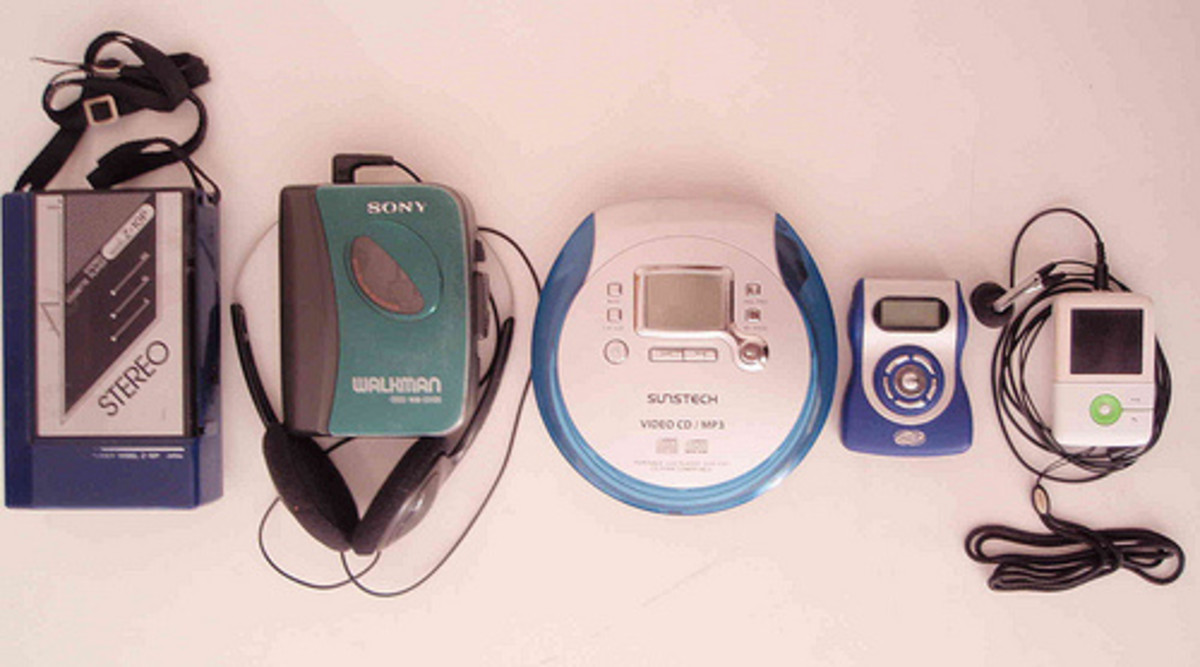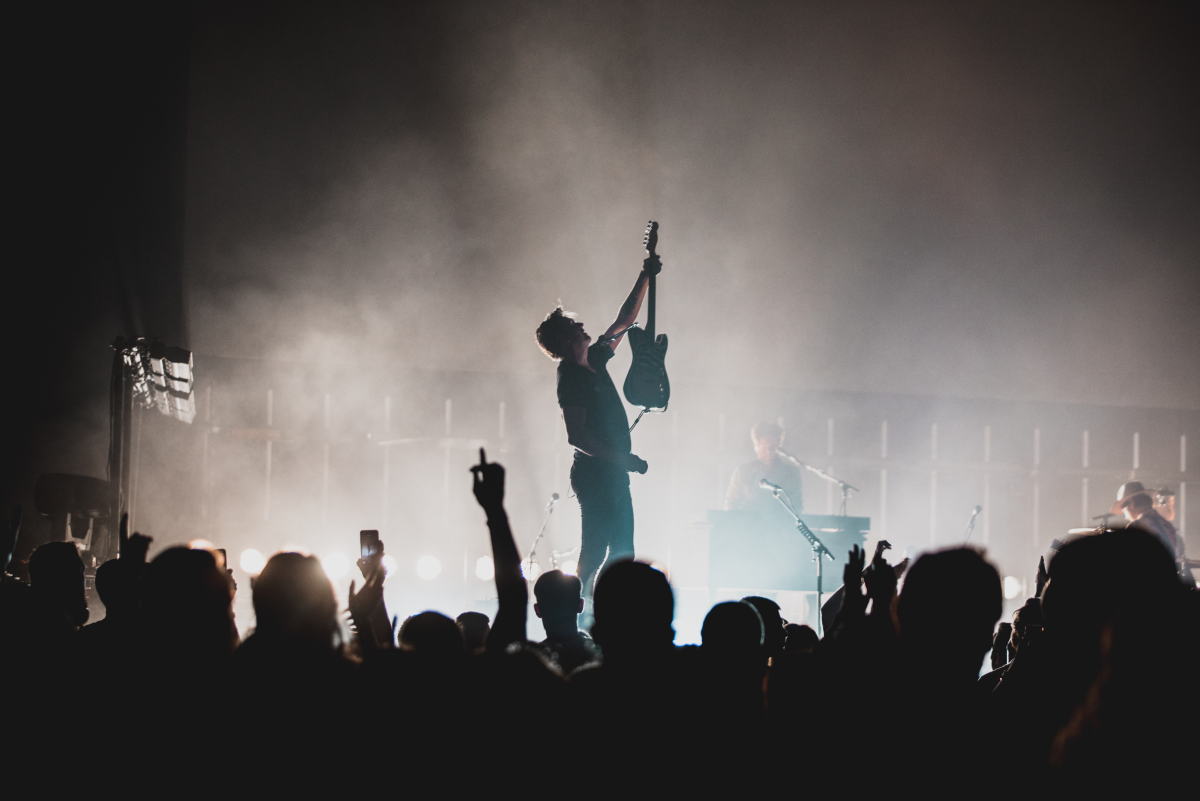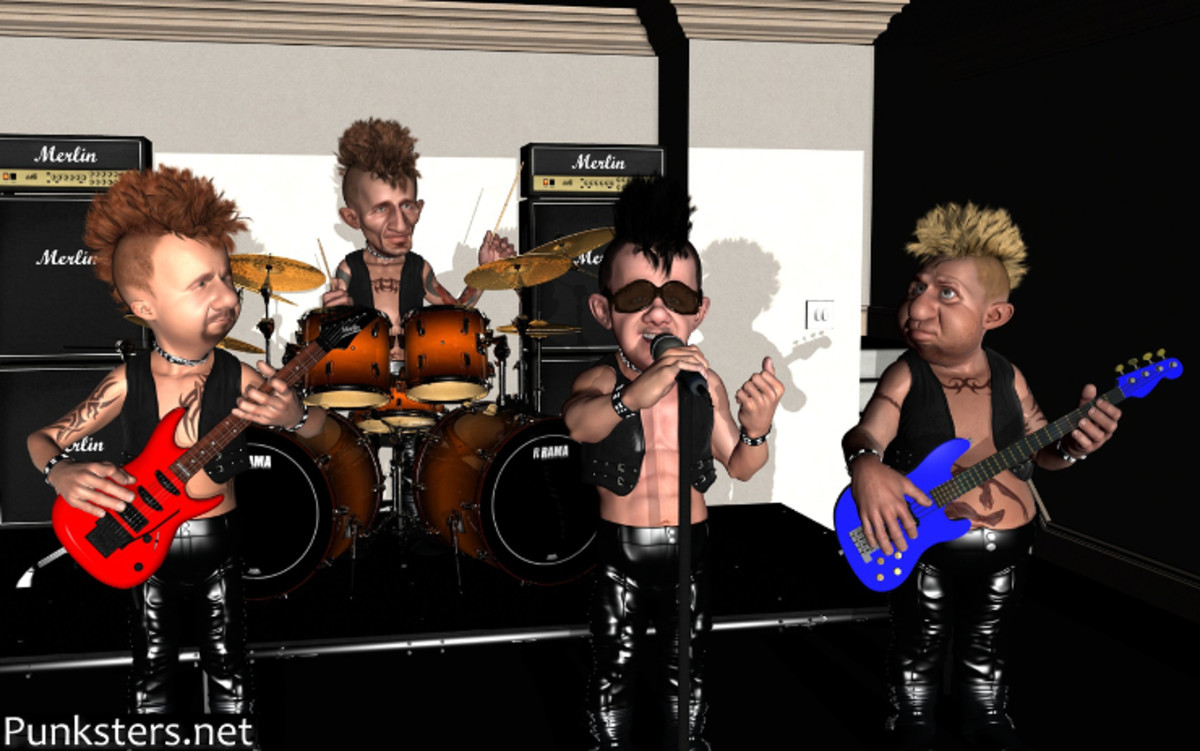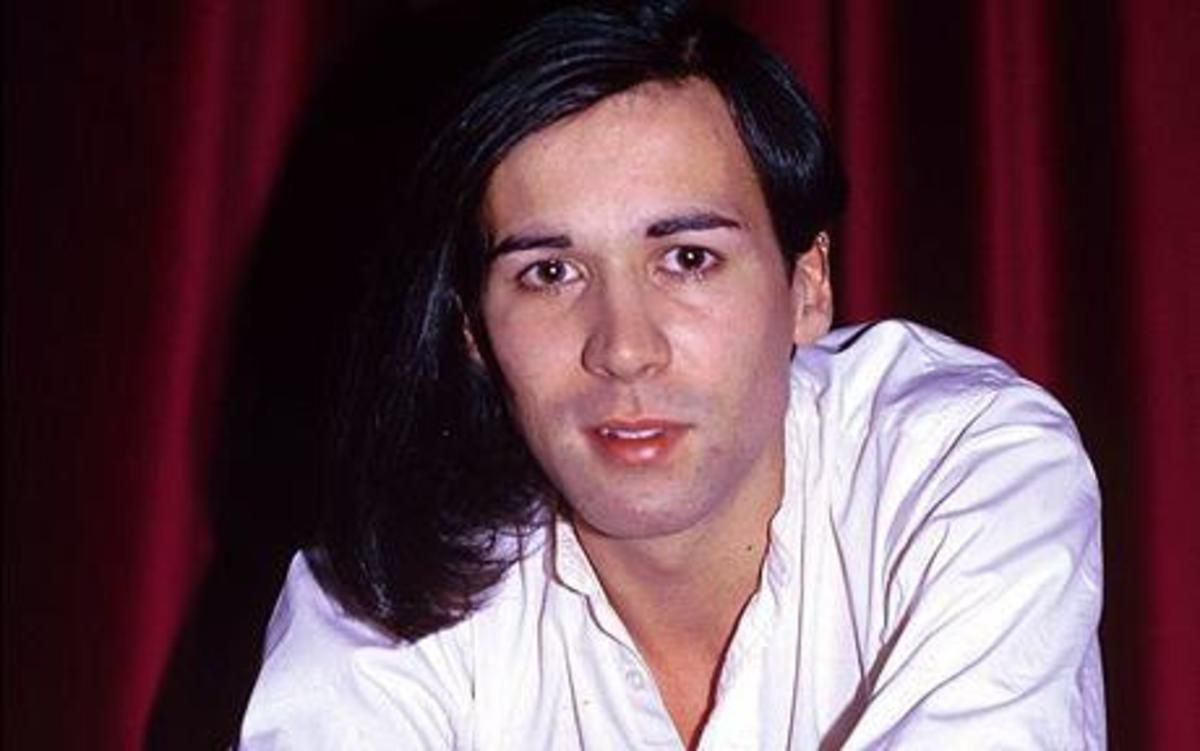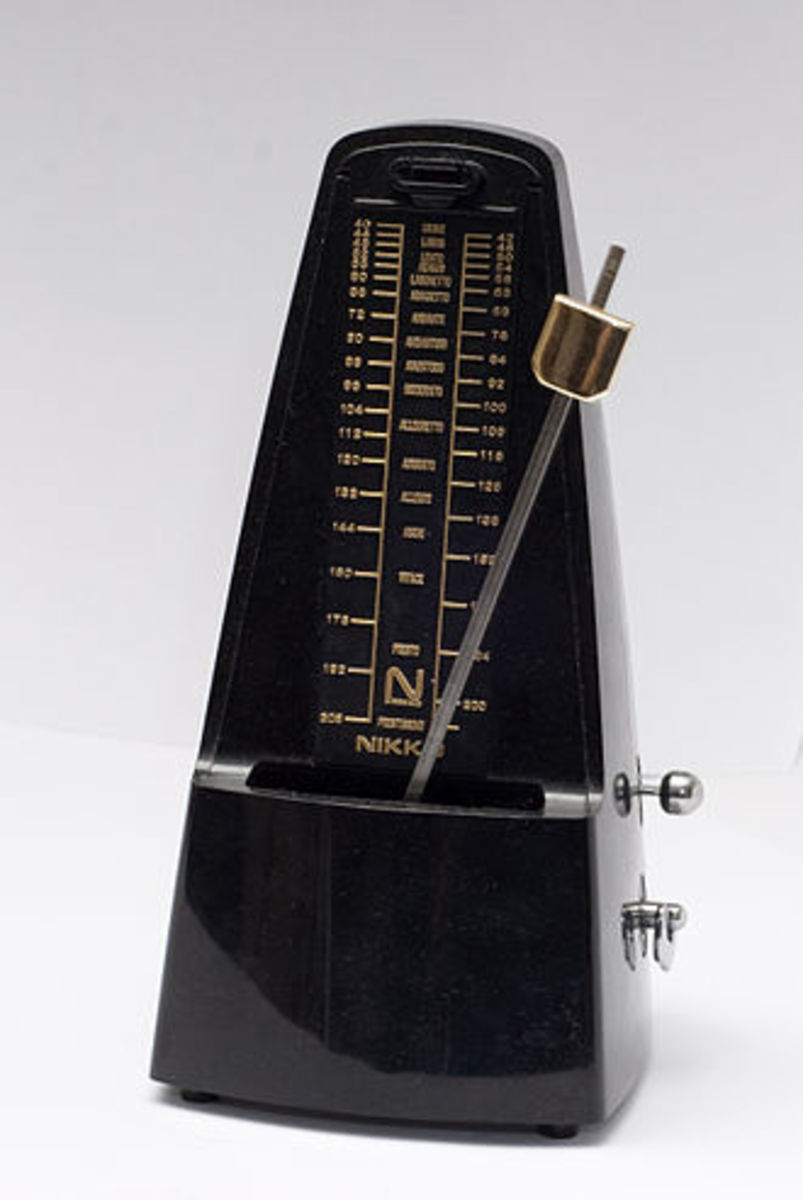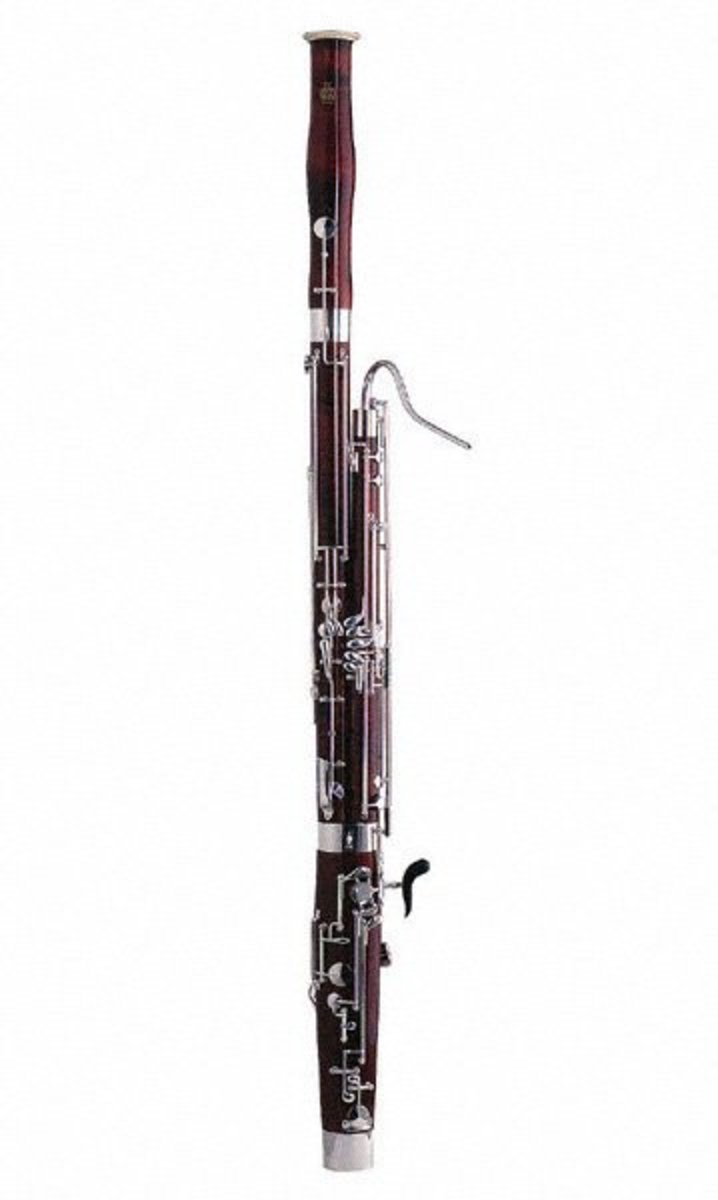Tips for a Musician Preparing to Go Solo

I’ve performed as part of a full band, a trio, a duo and I have also performed as a solo act. There are pros and cons related to either performing with others as well as being a solo performer. But if you are giving serious consideration to going solo, I have some tips for you to get started.
Make Sure You Know Enough Songs
You may currently be performing as part of a band right now and have enough songs to play out with them, but having enough songs that can be performed by one person is a different story. Some songs can’t be done by a single person and some songs may require some effort to come up with arrangements that a solo performer could use in order to pull the song off in a way that really works for the song.
So let’s assume that you are probably a singer as well as an instrumentalist, which is why you are toying with the idea of going solo. Maybe you sing some of the songs in your current band situation or even all of them. In my case, I was part of a duo just before I decided to go solo. I plyed guitar and sang the lead to some songs while my keyboard player sang the lead to other songs. The first thing I did when preparing to go solo was to learn the lyrics to the songs that he sang. So the first step was to try to be able to do some of the songs I had already known the music for but not the words.
Since I had been performing as part of a duo, there were a lot of songs that could be performed by a solo performer. So my set list starting right out of the box was pretty good. But there were some songs that we did that he sang that were out of my vocal range. His voice was higher than mine and he sang the lead on songs that required a higher vocal range, while I sang the songs that required the lower vocal range. So I transposed some of those songs he sang into keys that worked better for my range. The point was to be able to use as many of the songs I had already learned. To transpose a lot of those songs, I just needed to use a capo. So I did not have to relearn the music part of those songs, I just had to learn the words.
So step one is really to salvage as many songs as you can that you already perform so that there is less that you would have to learn in order to go solo. That was step one for me. I already knew the guitar parts to a lot of songs and just had to learn more lyrics, which were just to the songs that he sang. Step two for me was to learn those lyrics, and that’s what I did.
Now, there were some songs I did as part of a duo that worked well for a duo but not so much for a solo performance. That meant that I had to learn more songs in order to have enough material to perform solo. I tried to keep an open mind and was willing to give consideration to a wide variety of songs. I just made a list of songs that I like and thought may be possible for me to perform as a solo act. Here is where you throw caution to the wind. Just make as long of a list as you can. You can sort out the details later. Just compile a lengthy list.
After you compile that lengthy list of songs, pick the ones out that you think would be easiest to pull off as a solo performer and work on those first. The point is to compile as much material as possible, as fast as you can so that you can get out there performing as soon as possible. Once you get all of the easiest ones out of the way, work on the harder ones. Some of those harder ones may take a bit of arranging in order to pull them off as a solo artist. Just give them a try and see if you are able to come up with suitable arrangements for those songs. Eventually, you will have enough material.
Make Sure You Have the Equipment Necessary
If you go solo, you will need to have your own sound system. Maybe, in your current band situation, someone else owns the sound system. That means you have some equipment purchases to make. You have to decide what kind of places you want to go out and play in when you first start out. For the sake of getting out there as soon as possible, think of the places that only require a smaller sound system. That will be cheaper for you for the short term. But also consider expand-ability for future purposes; Just so that you could play larger venues in the future.
As I stated above, just before I decided to go solo, I was part of a duo. I owned the Peavey six channel powered mixer. When we decided to get better speakers for our sound system, we split the costs for a pair of speakers as well as the cost of the speaker stands. So, just before I decided to go solo, I reimbursed him for his half and so I then owned the entire sound system.
There may be some items you will need to purchase to enable yourself to play out. You might want to start saving up before you make that final move to go solo. Then once you are ready, make the necessary purchases. Just think of what you need to get started. You might have an eventual goal to have a really expensive, spectacular sound system but that may take a while to get to. You need to concentrate on just what is actually needed to get out there. Once you are out there doing paid gigs, you will have more money to spend on what you need and want. The sooner you get out there and start bringing in the money, the sooner you get those things that you want.
Don’t buy anything that you don’t need or are ready to use. Postpone your purchases and make them just before you are really ready to take that leap. And before you make any purchase, give great consideration to it. That should minimize buyer’s remorse and could save you money in the long run.
Establish Your Contacts
You might be the one person in your current band who does the booking. That’s great if you are. Making the transition over to a solo act should be easier as a result. That’s because you already have experience with that part of it and you already have established contacts. If that is the case, try to pull feelers out in some of the places where you currently play and see if they’d be interested in solo acts. I recommend you only do this after you start preparing your set list and almost prepared to start playing out. Doing it prematurely may not work out so well if your intention is to keep it a secret from your band mates.
If you are not the one handling the bookings for your current band situation, you need to establish relationships with the people working at the venues you play at with your band. Just try to get to know them as well as them getting to know you. Perhaps you don’t speak much to the people working at the venues. Well, it’s a good idea to start at some point before going solo. Establishing friendly relationships with the people working at the venues you want to play at will make it easier for you to approach them for the purpose of booking a solo gig for yourself.
If someone else in your band is doing the booking, ask questions. Don’t make it too obvious that your intention is to go solo, just in case you don’t want them to know. But you could just ask them what they do to approach the subject when they go to a venue to talk about booking the band. Also as people from other bands that you may be friends with. Get a sense of what it takes to get booked. The most helpful advice involves who to talk to at an establishment and what time they are usually working at the venue. In some places, the owner might be the one doing the bookings but at other venues, it may be one of the bartenders or a manager that handles it.
Make a list of venues that you want to try to get booked to play at. Get the contact information as far as the phone number and address. Then try to find out the name of the person you need to contact to do the bookings. Keep that as part of your records. Then find out the best time to reach the person at the venue. As an example: the Sunset Bar and Grill has live entertainment on Fridays and Saturdays from 10 pm to 2 am, Jan does the bookings and she is usually there Monday through Saturday from 6 pm until closing time. Get that sort of information about each venue. Knowing who the actual person is that does the bookings and how to reach them will save you a lot of time and effort.
Be Ready for Auditions and Have Promotional Materials
You need to have your basic promotional items such as a demo CD and a business card ready. Also be willing to do auditions. Make sure your demo CD’s have your contact information on them so that after listening to your demo, they have the information right there. Believe me, the business card does not always stay with the CD, if you just provide them both. By having your contact information on the CD label or the case for the CD, you don’t have to worry about what happens if they lose your business card. They will have the information that they need to contact you.
It’s best to provide them with a number of ways to contact you. You should provide your phone number, email address, social networking pages and website as part of your contact information. They will contact you in what way works best for them. Making it easy to contact you by whatever means they prefer will work to your benefit. Also be quick to get back to people if they call and leave a voice message or send you an email. Waiting too long could cost you a gig here and there.
Make sure your demo CD has something on it that is a good representation of what you will be performing live. If you are performing as a solo performer, all by yourself, it’s probably best to have songs that are scaled down with just your vocals and the instrument you are playing. Limit the overdubs. You don’t want to mislead them into thinking that you will be performing as a full band or with a sound much bigger than you will be. You don’t want to set them up to be disappointed when you play live.
Be prepared to audition. I have had people ask me to audition right on the spot. I inquired about playing there and they asked me if I had my guitar with me and I told them it was in my car. They told me to bring it in and audition right there. So I went out to my car, got the guitar out and went back into the bar. I sat right at the bar and started to play and sing. That showed them that I was ready to play anywhere at any time, which is what they expect from people who call themselves performing musicians. Some may ask you to do an open mic as an audition. So be willing to do that as well.
Getting Over the Stage Fright from Performing Solo
You may be comfortable performing in front of an audience when doing it as part of a band but yet may be nervous about the idea of performing alone. That’s how it was for me at first. As a way of conditioning yourself and preparing yourself for solo performance, I recommend doing open mics by yourself. That’s the best place to start.
When I started out, I performed open mics as a solo performer first. I would actually attend at least one open mic per week for the longest time. I would try out new material at the open mics too. I would always be nervous about trying out the new songs for the first time live. By the time I had performed my first paid solo gig, there were hardly any songs that I had not performed yet in front of an audience.
The fact is that unless you push yourself outside of your comfort zone, you will never expand that comfort zone. There were some things that I had felt very uncomfortable about doing live that I do now without really getting all that nervous about. You just have to push yourself. This could be regarding performing solo or what songs or groups to try, or pretty much anything having to do with performing live.
Be Well Rehearsed
There are a number of reasons for being well rehearsed. It’s not just about sounding good. Obviously you want to sound good and rehearsing makes it more likely that you will. But being well rehearsed can set you at ease and you will be less nervous. It creates a better impression if you appear to be less nervous as well. And you should want to make the best possible impression you could. That would make it more likely that you would be able to book a return engagement and makes it more likely that there would be a positive word of mouth circulating about you.
Be sure to practice using your sound system. That way, you will know how to get the best possible sound for yourself before you even start to play out. I know I feel much more confident playing live when I think I sound good. Confidence shows and a lack of confidence shows as well. Being less confident could also lead to a level of nervousness that would make you more likely to make mistakes when performing.
A Few Closing Thoughts
The reality is that not everyone is capable of pulling it off as a solo performer. However, a lot of people are and they generally would not know until they actually tried it. Trying it out at open mics would be a safe way of testing it out. That’s what I did. I do solo gigs regularly now and the two biggest positive aspects regarding that, for me, are the fact that I don’t have to split the money I make and the fact that I have full control over the material that I perform. In a band situation, I’d have to split the money and because of that, we would have to play larger venues in order for each of us to make decent money. As a solo act, I can play smaller venues that don’t have the money for full bands.
As far as playing the songs that I like goes, I love it. In a band situation, there are usually disagreements as to what songs the band should perform. As a solo act, I don’t have to argue with anyone. I pick the songs. I generally play the kind of music that I like. I like a variety of music but there are some things that I like more than others. I pretty much get to do as much of those things that I want.
For more of the details regarding the pros and cons of being a solo performer, I have an article that I’ve written regarding that. Please check that out when you get the chance. Anyway, I hope you find this article helpful, in the event that you have already decided to go solo.
© 2018 Bob Craypoe

